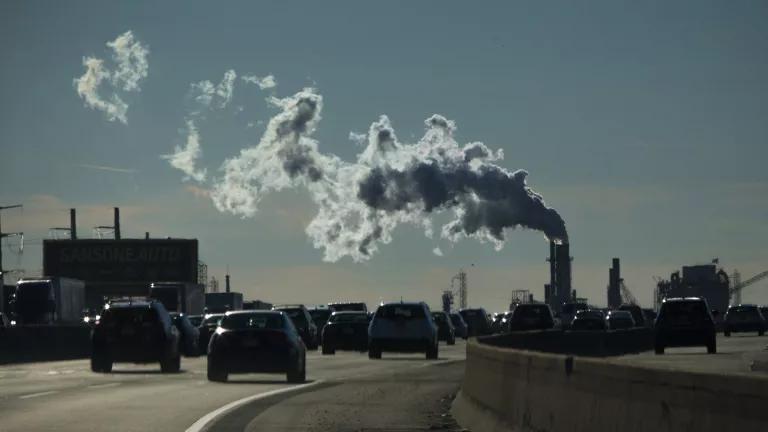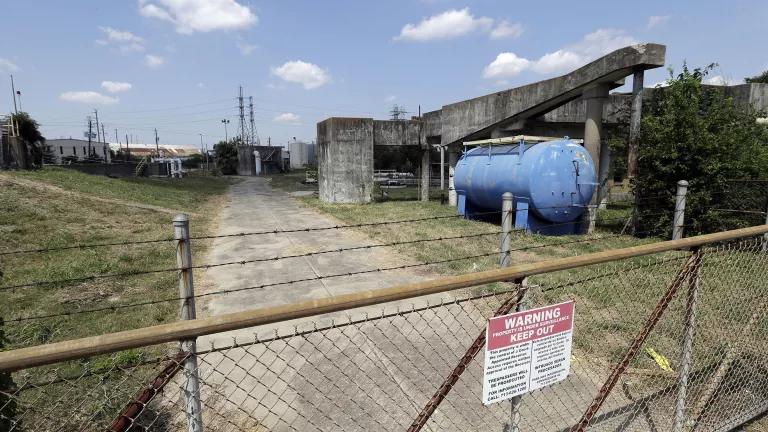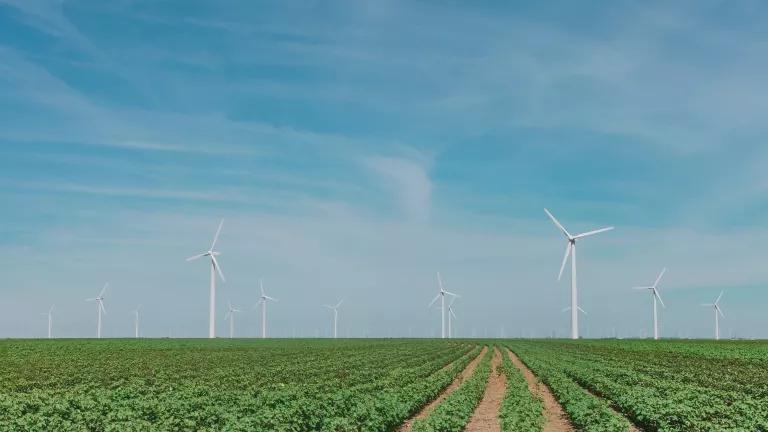NRDC Sues After EPA Gives Industry a Pass on Leaks of HFCs, a Potent Climate Pollutant

Easily preventable hydrofluorocarbon leaks add up to the same amount of carbon pollution from more than half a million cars each year.
In our 112th lawsuit against the Trump administration, NRDC sued the U.S. Environmental Protection Agency today after the agency reversed a rule that aims to prevent leaks of hydrofluorocarbons (HFCs)—potent chemicals used in commercial and industrial refrigeration that pack up to thousands of times the heat-trapping power of carbon when released into the atmosphere.
“This rollback makes no sense except to Trump’s EPA in its unrelenting drive to put polluters ahead of people,” says David Doniger, senior strategic director of NRDC’s Climate & Clean Energy Program.
The EPA withdrew the rule in March, which required companies to detect and repair refrigerant leaks in certain appliances that use HFCs. While those repairs cost “little to no money” for industry, Doniger says, they add up to big savings for the climate: HFC emissions that this rule will allow are the planet-warming equivalent of carbon pollution from 625,000 cars each year. The administration has attempted to undo separate rules on using safer alternatives to HFCs—a move recently reversed by a federal court in response to another NRDC lawsuit.
In the wake of these rollbacks, states have stepped up to fill the gaps. To date, 15 states, including California, Washington, Vermont, and New Jersey, have committed to phasing out HFCs in specific applications where climate-friendlier alternatives already exist. In fact, recognizing the significant benefits of the EPA’s leak requirements, New Jersey recently adopted them into state law.
The Senate and House of Representatives are moving forward on a bipartisan bill to set a clear schedule for cutting HFC production and imports by 85 percent over the next 15 years, while creating an estimated 33,000 American jobs making safer alternatives. The bill has unusually broad support, ranging from NRDC to the U.S. Chamber of Commerce.
These state and congressional actions help provide market certainty for industries as they continue to invest in developing safer products.
“The EPA should be looking for every opportunity to ease the growing climate crisis,” says Doniger, “not add fuel to the fire.”


